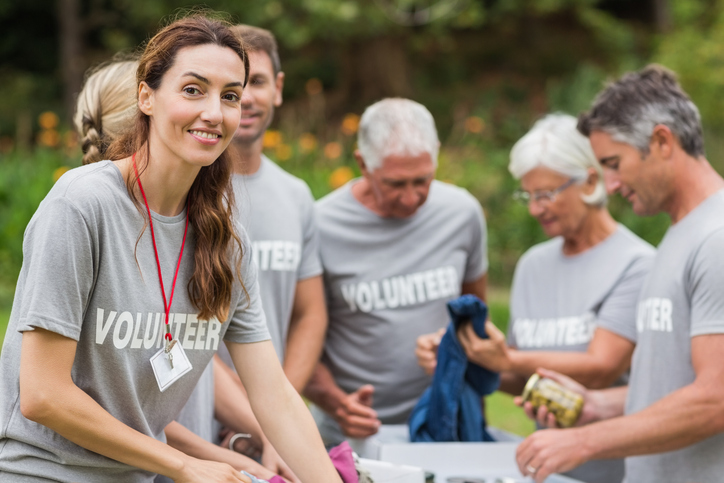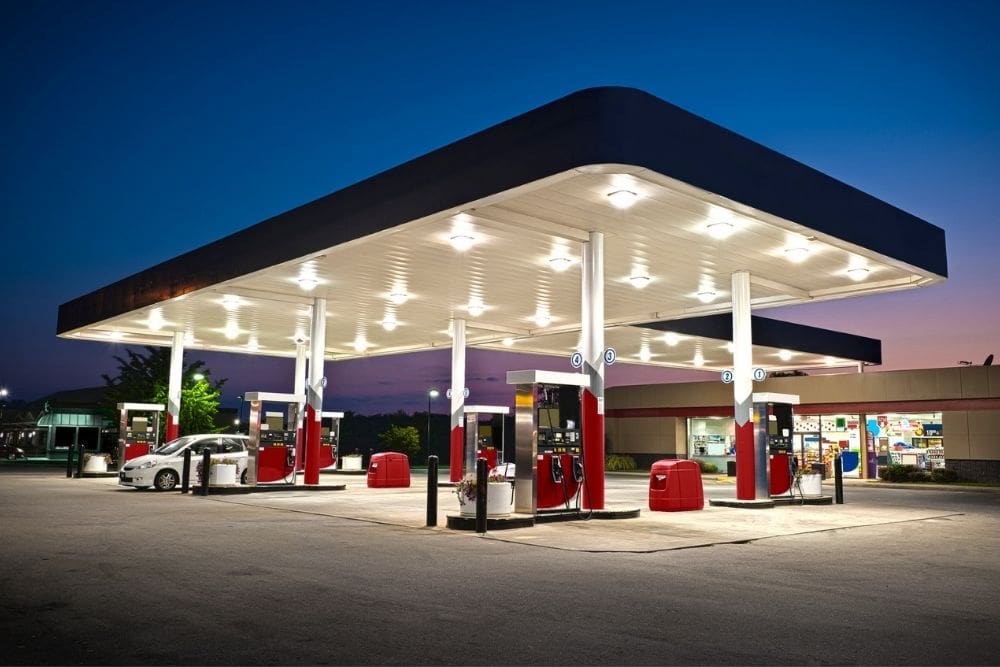Prosocial activities include any action that benefits other beings, both human and animal, directly or indirectly. If you’re participating in a prosocial activity, you’re supporting, providing for, consoling, working for, or cooperating with others in some way to help an individual or community. Prosocial action serves those who may or may not have a connection to you.
Prosocial action helps people connect with each other and with life on a personal level. It dissolves the emotional distance between strangers and helps us see past a person’s circumstances, whether they’re dealing with addiction, low income, or any other life stressor. Doing the following prosocial actions, for example, shows kindness to people from all walks of life:
- Donating money to a charity that supports battered women
- Volunteering at a soup kitchen
- Mentoring or tutoring a child who lives in a low-income area
- Adhering to laws or regulations that protect people, such as not smoking indoors or near nonsmokers or wearing face masks during mask mandates
- Advocating for oppressed peoples
- Promoting peace or nonviolence at home and in public when safe to do so
Prosocial action may or may not yield a concrete reward. The payoff can be inherent, such as feeling the satisfaction of giving to others simply for the sake of it. In other cases, someone may want to help others to gain a skill, connect to a community, or reap other benefits.
Whether or not you expect something in return when helping others, successfully performing prosocial tasks helps develop your capacity for empathy. You develop an understanding of what other people might grapple with on a daily basis. This is why prosocial action is especially beneficial to those in addiction recovery.
Prosocial Activity Vs. Prosocial Behavior: A Psychological Perspective
As it turns out, prosocial activity is just one manifestation of prosocial behavior. In the field of psychology, healthcare professionals have identified at least three types of actions that fall under prosocial behavior:
- Proactive actions that serve others
- Reactive actions that respond to the needs of others at or around the time that they’re expressed
- Altruistic actions that have no intention or wish behind them. They are performed entirely for the benefit of others.
Some people are more drawn to one type of prosocial behavior than another. Whatever speaks to you is the area you should pursue, and we can point you in the right direction if you’re in need of guidance!
How Prosocial Activities Support Your Sobriety: A Scientific Stance
In the scientific community, there’s an interesting discussion around the relationship between substance use disorders (SUDs) and prosocial behavior. Some research argues that adopting prosocial behavior acts as a protective layer against addiction and substance abuse. Another set of studies points toward the decrease in prosocial behavior that SUDs seem to trigger. The most crucial idea to grasp is that addiction isn’t prosocial. In fact, it degrades social connections.
Community activities are a wonderful antidote to the self-absorption of addiction. Engaging in prosocial behavior in recovery takes time and focus–whether you’re volunteering, researching charities to support, caring for a community garden, or working with youth. These engagements take your mind off cravings, help you pass the time in a constructive manner, and expose you to social situations where you can build coping mechanisms in response to low-stakes stressors.
In short: prosocial activity does wonders for the recovering brain. For this reason, St. Gregory Recovery Center strongly encourages our patients to participate in our Recovery Coaching Program, where our staff can connect you to different organizations, events, and programs to get your prosocial ball rolling!
Go Prosocial Today With St. Gregory Recovery Center in Iowa
St. Gregory Recovery Center has convenient locations in Des Moines and Bayard. When you contact us today, we can go more in-depth with you regarding prosocial activities and why they’re an amazing supplement to your recovery.




